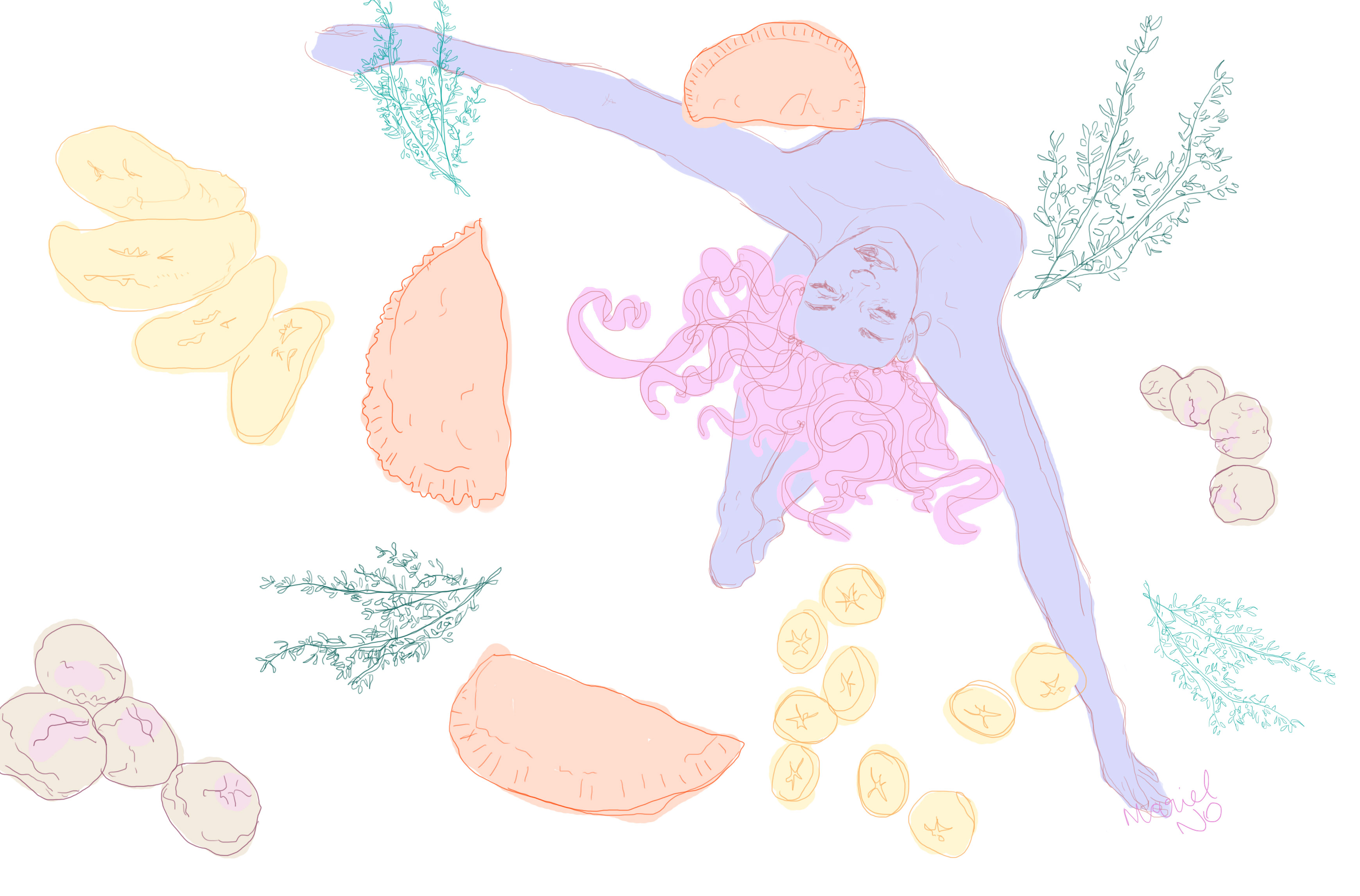
The effects of colonisation can be traced from adopted languages to the expression of intimacy. A close reading of Junot Díaz’s The Brief Wondrous Life of Oscar Wao offers a glimpse into the effects of intergenerational trauma from colonisation. In an interview with Boston Review, Díaz explains how his novel aims to address the search of what he calls “decolonial love,” that is, a love that is free from the legacy of colonial violence. This concept of decolonising, however, doesn’t start or end with intimacy. Rather, it is a multi-dimensional and heavily layered theory and practice that works in various forms.
By definition, decolonisation is an effort to restore ancestral knowledge and discontinue the systems of power imposed by colonisation. At the core of its mission, decolonising is an effort to counteract the beliefs and practices colonisation imposed onto society. The act of decolonising, however, isn’t a simple process. It requires re-evaluating the arbitrary definitions we digest as “truth”— from beauty standards to the consumption of certain foods.
“a decolonised diet is a lifestyle that embraces ancestral food choices as a means of reclaiming culture and health”
Among practices intended to restore cultural practices, a “decolonised diet” has become one of many methods toward achieving colonial liberation. This vastly plant-based diet, however, is not to be mistaken with a vegan or vegetarian regimen. Rather, a decolonised diet is a lifestyle that embraces ancestral food choices as a means of reclaiming culture and health.
This dietary concept is being explored at California State University, East Bay where Ethnic Studies Professor Luz Calvo teaches a class entitled “Decolonize Your Diet: Food Justice in Communities of Color”.“Decolonize Your Diet: Food Justice in Communities of Color.” Through the exploration of traditional foods and cooking techniques, the class offers decolonisation as a means of reclaiming health in the Mexican, Central American, and Indigenous communities in the United States.
After being diagnosed with cancer in 2006, Professor Calvo focused their research on the Latino paradox, a study that claims that Latinos living in the U.S., despite having less access to education and health services, have a better life expectancy than non-Hispanic whites. However, the study also demonstrated that recently moved Latino immigrants tend to be in better health than those who are second and third-generation Latinos. This led Professor Calvo to turn their attention to their ancestors and their indigenous knowledge. In doing so, they discovered the health benefits of traditional food and centered their research on the principle of decolonisation.
“meat was seen as vital to the European aristocratic diet and upheld social hierarchies for Spaniards”
According to Professor Calvo, decolonisation is “a movement to reconnect to indigenous knowledge and ancestral ways of eating”. When Spanish colonisers came to the Americas, noted Calvo, they introduced foreign foods and outlawed others, such as the traditional Mexican grain known as amaranth that was incorporated in Aztec ceremonies. The introduction of European dietary staples vital for the Catholic Eucharist— such as wheat, wine, and olive oil— altered the dietary landscape in Mexico. Additionally, because the traditional Spanish economy was established on pastoralism and agriculture, meat was seen as vital to the European aristocratic diet and upheld social hierarchies for Spaniards who feared their bodies would degenerate in the absence of wheat bread, wine, and meat.
To Professor Calvo, a decolonised Mexican diet is one that revolves around the consumption of life-giving and life-affirming foods, particularly those indigenous to Mexico such as corn, beans, cactus, tomatoes, avocado, and chili peppers. Such a diet was proven by historians to have had a healthy outcome as Aztecs had a longer life expectancy rate than the Spanish conquistadors. The foods advocated for in a decolonised diet can be inexpensive and are widely available at Mexican markets in the United States, says Calvo, including dry beans, fresh fruits like papayas, and vegetables like calabasas (squash).
As generations of Mexican immigrants resettle in the United States, Professor Calvo remarks the erasure of ancestral eating among their students:“Many of my students who are recent immigrants, and some of whom come from indigenous communities in Mexico, still have that knowledge, but here in the U.S., under the pressure to assimilate, they’re in great danger of losing those [indigenous] customs and ways of eating.”
Cooking a pot of beans can be a revolutionary act, states Calvo. By embracing wholesome gastronomic traditions that were present prior to colonisation, Calvo offers decolonisation as a method to reconnect with ancestral knowledge while reclaiming health into the Mexican-American community. The best part — shopping at Whole Foods or cutting out tamales isn’t mandatory.






